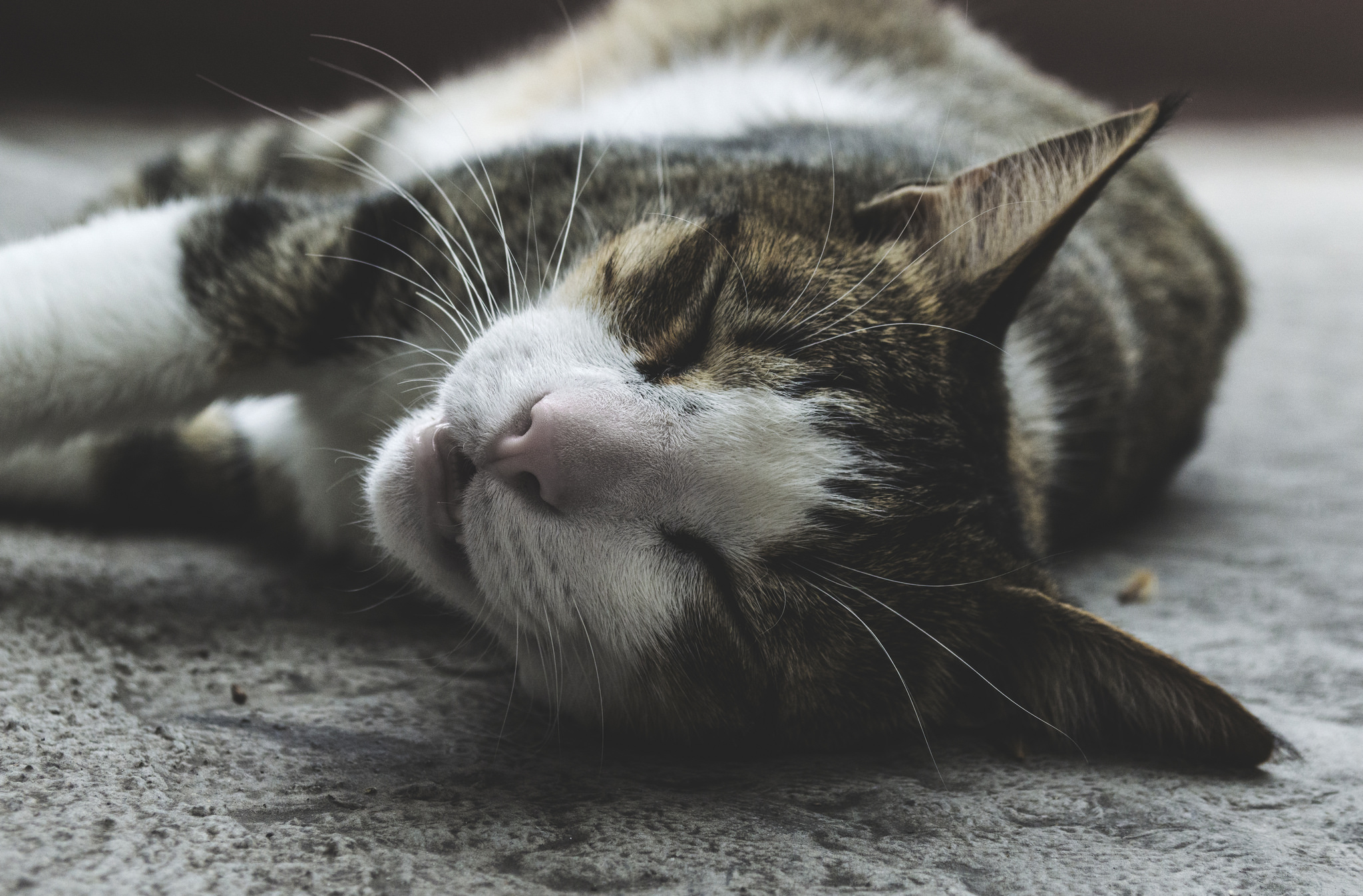How Not Getting Enough Sleep Makes You Gain Weight

By:
Lack of sleep can interfere with your focus and energy, but there's another place insomnia can hit you where it hurts: your waistline.
 LaVladina/Flickr - flic.kr
LaVladina/Flickr - flic.kr
A new study, led by Gregory D. M. Potter and published in PLOS ONE science and medicine journal, observed 1,615 adults in the United Kingdom and found those who got around six hours of sleep (referred to as "short sleep") a night had larger waistlines than those who got around nine hours a night.
Though the sleep needs of adults vary, the National Sleep Foundation recommends seven to nine hours. Forbes reports Dr. Laura Hardie, who worked on the study, recommended the same number.
The data showed those who got more sleep had lower BMIs and smaller waist lines.
The difference in waist circumference was around 1.18 inches. Those who functioned on short sleep also had higher levels of cholesterol. But perhaps what's most interesting about the findings is diet doesn't seem to be the primary culprit.
 mmmmmmnn5/Flickr - flic.kr
mmmmmmnn5/Flickr - flic.kr
As Forbes explains, "the study didn’t find a link between sleeping less and eating a worse diet, which places even more emphasis on sleep as a driving factor in the results."
The study's conclusion points to metabolism.
"In conclusion, longer sleepers generally had more favorable metabolic profiles, despite no associations between sleep duration and dietary intakes in this population," the study proclaims. "Our findings support the accumulating evidence showing an important contribution of short sleep to metabolic diseases such as obesity."
Sleep and metabolism have been studied before.
In 2010, The National Center for Biotechnology Information published a study titled, "Sleep and Metabolism: An Overview." In this study, the researchers also note that the adults studied were only getting around six hours of sleep a night. They categorized sleep into two main parts: nonrapid eye movement sleep (NREM) and REM sleep.
 Rodrigo Olivera/Flickr - flic.kr
Rodrigo Olivera/Flickr - flic.kr
"[M]etabolism is the amount of energy (calories) the body burns to maintain itself," the researchers explained, adding, "the lower metabolic rate and brain temperature occurring during non-REM sleep seem to provide an opportunity to deal with the damage done during awake and metabolically active period." This is where people with different metabolisms may experience various qualities of sleep, which may also explain where the weight gain comes from.
Our bodies secrete hormones, like growth hormone and cortisol, both of which contribute to how glucose is regulated. And this process continues while we're asleep.
"Growth hormone is typically elevated at onset of sleep with highest levels during slow wave sleep (SWS) while cortisol levels are greatly increased during the second half of the sleep, predominantly in REM sleep," they explained.
The study suggested a lesser amount of sleep (specifically, lack of deep sleep/NREM sleep) leads to a spike in glucose levels. "In addition," they reported, "studies have shown an increase in cortisol levels in evening after just one night of sleep deprivation contributes to glucose dysregulation."
Less sleep = possible eventual weight gain.
 Stocksy/Jesse Morrow - stocksy.com
Stocksy/Jesse Morrow - stocksy.com
And Potter's new study shows that link.
They do note as with any study, it's not flawless. "Nevertheless, this work also had limitations. The study used self-reported sleep duration instead of a more objective measure such as actimetry or polysomnography, and participants were not asked about napping or effects of work schedules on sleep," according to the researchers.
Basically, it was up to the participants to report their own sleep, and napping was not recorded.
Still, their conclusion actually offers some hope. You don't need to take a pill, you just need to get more sleep, which is sometimes easier said than done.
